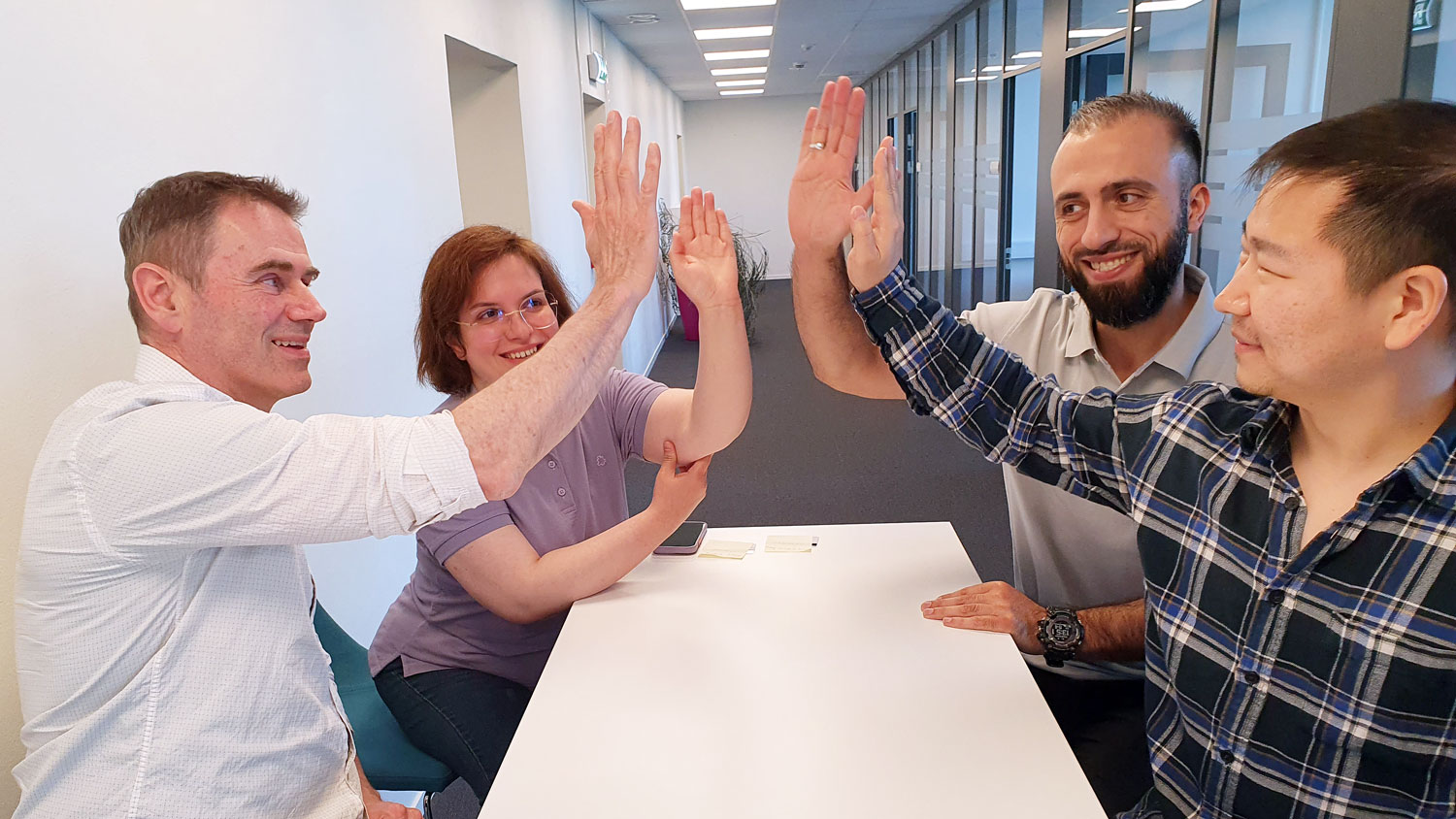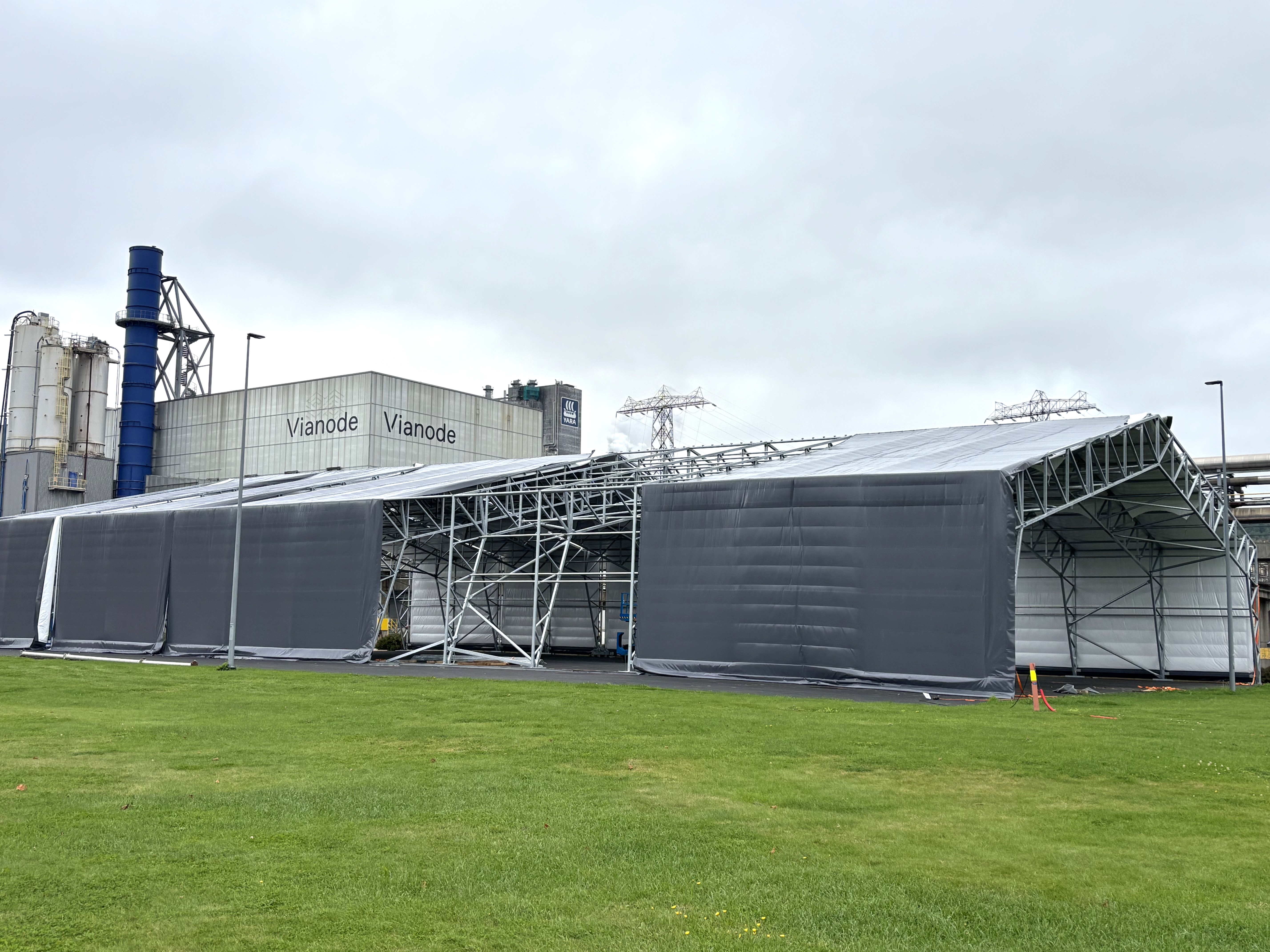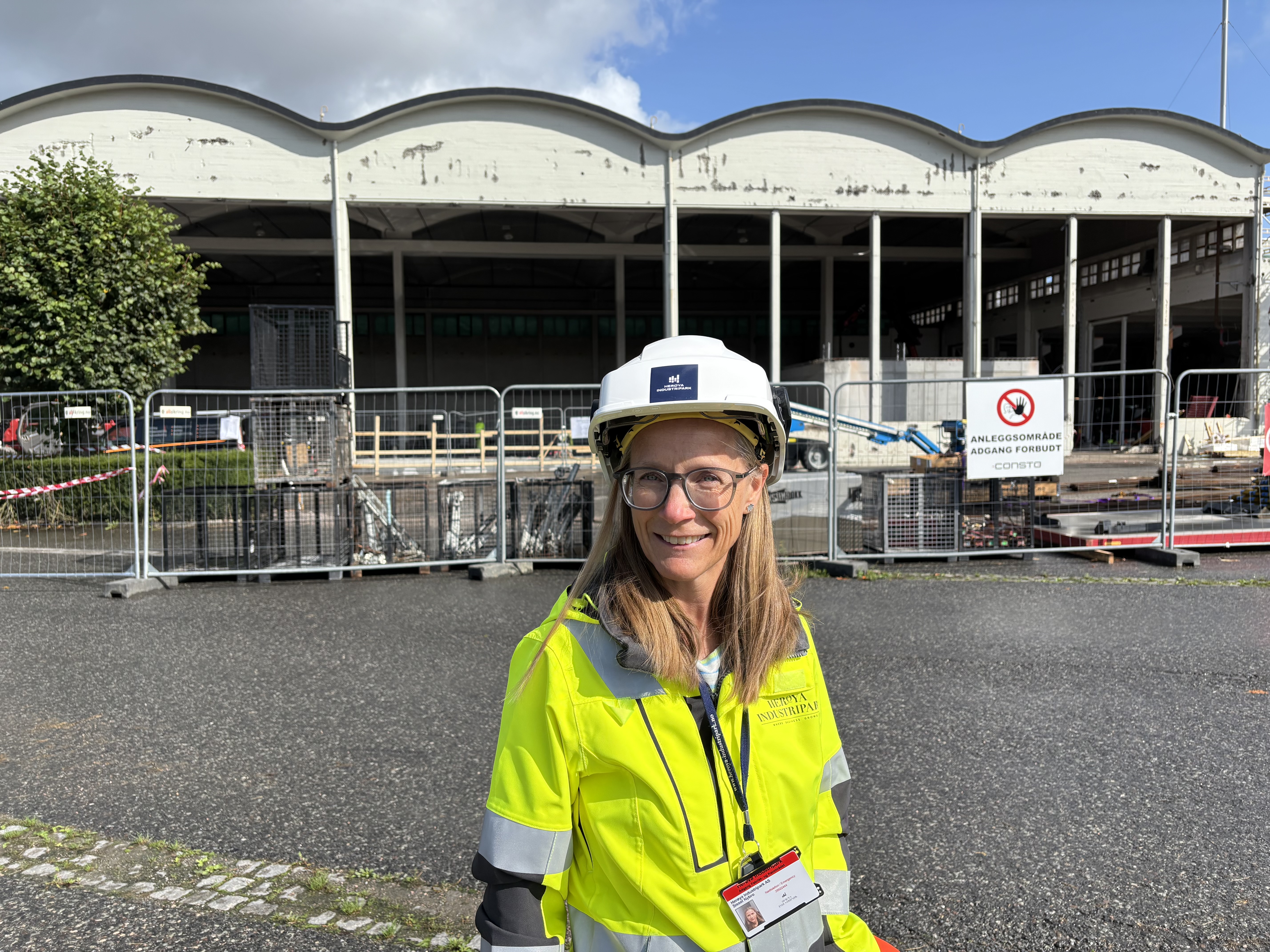After many years in the shadow of other energy carriers, it seems that hydrogen is finally gaining momentum.
"Thanks to substantial investments from the industry, including Nel, there is now a real momentum in the sector," says project manager Egil Rasten, who earned his doctorate in water electrolysis in 1997.
"We thought it would take off in 2001, but it's only now that we're really seeing progress. Industrial companies are stepping up and can finance large projects."
Industries invest
As an example, he mentions that the Prime Minister recently opened Yara's hydrogen factory here at Herøya, and together with several large companies that are investing in major projects, this is creating momentum for the entire hydrogen industry.
"Until now, Nel has been largely focused on production to the logistics and transport sector," he explains.
"When we receive an order for 200 electrolysers, then we can build a factory," the research team says enthusiastically.
Read more: Prime minister opens Yara's hydrogen plant
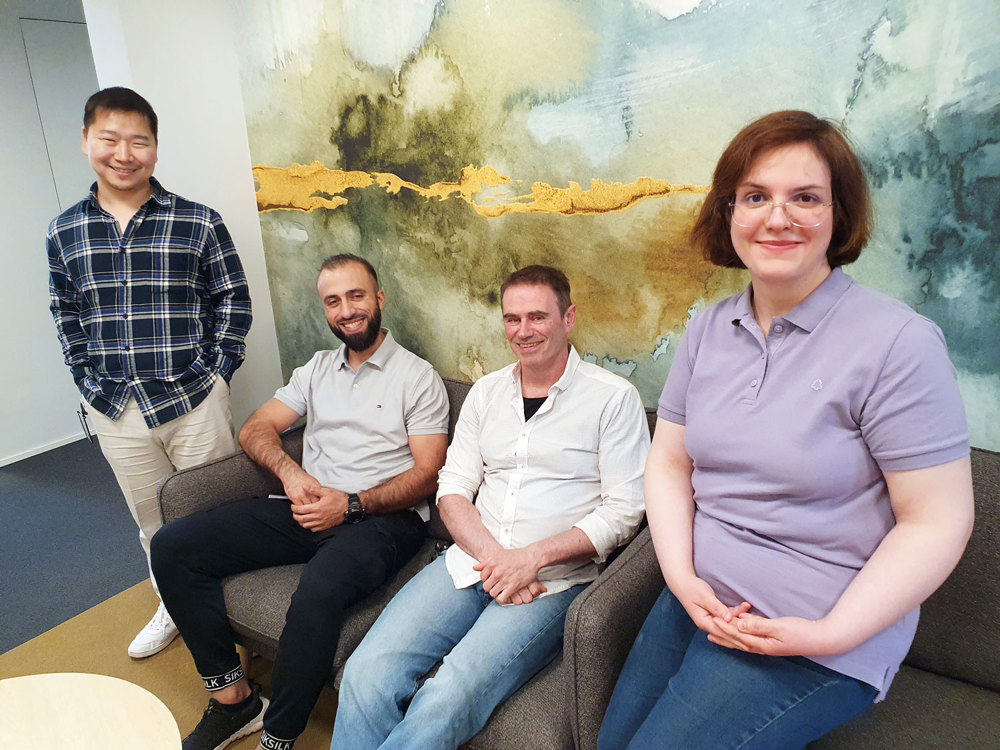
Improving energy efficiency
One of the biggest challenges with hydrogen has long been energy efficiency. The current technology is not optimal for use with renewable energy, resulting in energy losses.
Nel’s team is therefore working on developing a new generation of electrolysers that use significantly less energy.
"It’s exciting to work in this field; we feel like we are helping to open the door to the future"
"Energy efficiency in large projects is incredibly important. The difference between being poor and being the best is just 5 percent. The margins are quite small," the research team points out.
"In a plant with 1,000 electrolysers where billions of kroner have been invested, a 1 percent improvement in energy efficiency equates to millions of kroner. We are aiming for an energy efficiency of around 85 percent. That puts you at the top of the class. It will be a significant step forward for the industry."
Large-scale test facility at Herøya
To test the new technology, Nel is exploring the possibility of building a large-scale test facility at Herøya. The facility could be almost as large as Yara’s hydrogen plant and would provide valuable insights into how the technology performs under realistic conditions.
The construction of a test facility takes 1.5 to 2 years and will be an important milestone in the development of the next generation of hydrogen technology.
"It’s exciting to work in this field; we feel like we are helping to open the door to the future," says Nel’s research team at Herøya.
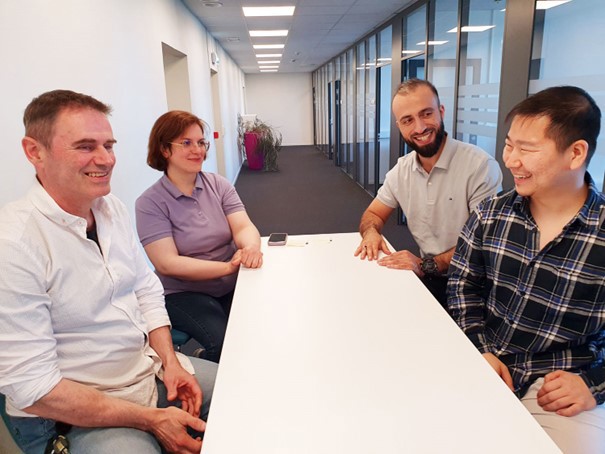
Future key technology?
Many experts believe that hydrogen could become a key technology in the future energy system. It can be used to store energy from renewable sources, such as solar and wind, and to power transport and industrial processes.
If Nel succeeds in developing its next generation of hydrogen technology, it will contribute to creating a more sustainable future for Norway and the rest of the world.
21. August 2024

